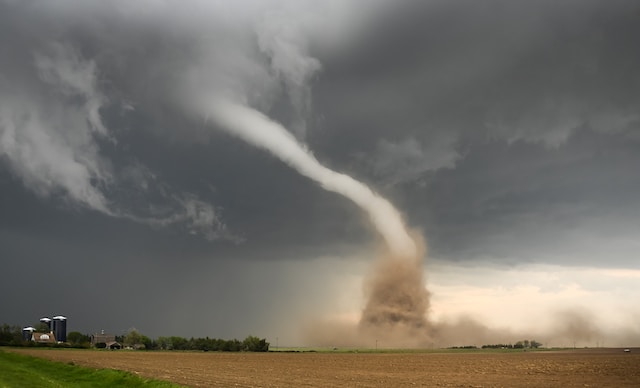My husband and I just returned from a 2 week trip around Italy. Revenge travel is a real thing. Noise, crowds, and hurry were evident everywhere. Lines were long and the masses of people were thick. Tourists seemed anxious to fit in all the typical attractions. We consciously made an effort to discover ancient hidden gems.
Traveling is stressful. There are connections to make, flight delays, cancellations, and airports to navigate. Additionally in a foreign country there are language barriers to overcome. There was much jostling, cutting in line, and not following rules. We coined a phrase, “elbows out” to help navigate throngs. When people are stressed, they aren’t on their best behavior.
On the final leg of our journey home, a 12-hour plus flight, we endured several extended delays. Our airplane was full and many religious affiliations with culturally diverse backgrounds were represented. You get the picture. I’m talking about stressed out travelers, from different worlds, in a small space for a long time. It was a recipe for trouble.
Braving Conflict
About two hours into the flight I heard raised voices and witnessed 3 flight attendants suddenly run down the aisle next to me. I had visions of the plane turning around and spending a long night in a dirty airport. I stood up to try and see what was going on. I saw 2 men, 3 rows behind me, standing up, screaming obscenities, and starting to push each other. I’m a mediator, so I wondered if the situation had gone too far and a mediated conversation was out of the question. Clearly the men were furious, passengers were becoming involved, and I could feel the atmosphere in the cabin beginning to morph into something different.
What I witnessed is something a seasoned mediator would be proud of. The tallest male attendant separated the men. As I walked up the aisle to see if I could help, I heard the attendant speaking in a calm and measured voice asking “What do you think happened?” Very impressive! Using the word “think” engaged the fighters’ prefrontal cortexes, which calmed them down and allowed them to think rather than be emotional about the conflict. It’s a soothing mechanism used by peacemakers. Next the attendant asked the men to count backward starting at 5. This is another pathway to help access the brain’s capacity to think. Throughout this exchange the attendant continued to use a calm voice, assuring all of us around him that everything was being taken care of. He slowed things down so the men’s brains could catch up to their mouths. What happened next was done privately in the back of the plane to allow the men to save face. It must have worked because the men returned to their seats with no further problems for the next 10 hours.
This situation demonstrates how 1 person in a crowd can make a difference in a positive way during a challenging situation. Calm is contagious. So is chaos. This conflict could have ended differently so easily. If the attendant lost his temper or engaged the men the wrong way, the situation might have bloomed out of control.
Answering The Call
So much of handling challenges requires we get a handle on ourselves first. Leading people and managing conflict requires a great amount of self awareness. During anxious situations knowing our triggers and remaining composed in the presence of extreme emotions are important tools needed in order to help others resolve differences.
My work as a mediator requires I manage my anxiety. Stress and anxiety keeps us from using all of our brains so we can’t think straight. I need to think so I can work.
We need leaders who know themselves and are courageous enough to answer the call to contribute to the common good. When we aspire to high levels of self awareness, we can trust ourselves in difficult situations. Right now the world is full of those.
Thomas Merton said, “Humans have a responsibility to find themselves where they are, in their own proper time and place, in the history to which they belong and to which they must inevitably contribute either their response or their evasions, either truth and act, or mere slogan and gesture.” Answering the call to leadership is an act of bravery. It requires we step out of our comfort zone and make ourselves vulnerable to failure or criticism.
In my 15 years as a mediator, stepping into uncomfortable situations where people are scared and not at their best requires the ability to manage myself and my anxiety, so I can think through problems, listen to others, and help guide them toward solutions. The first question I tackle is not “What steps do I want to take to address this problem?” The first question I ask myself is “Who do I want to be?” and “How do I want to show up?” I can’t mediate a conversation if I’m an anxious mess. Notice I am not addressing the problem at first at all. I am determining how I will manage my own feelings and anxiety.
Slowing down a conversation that is heading down a destructive path doesn’t require a mediator with years of experience. Anyone with the willingness to accept the call, has backbone and heart, and can manage their own reactivity is equipped to mediate. Remember, peacemakers can be found in unexpected places! Next time you travel take a look around. There’s a peacemaker somewhere.

